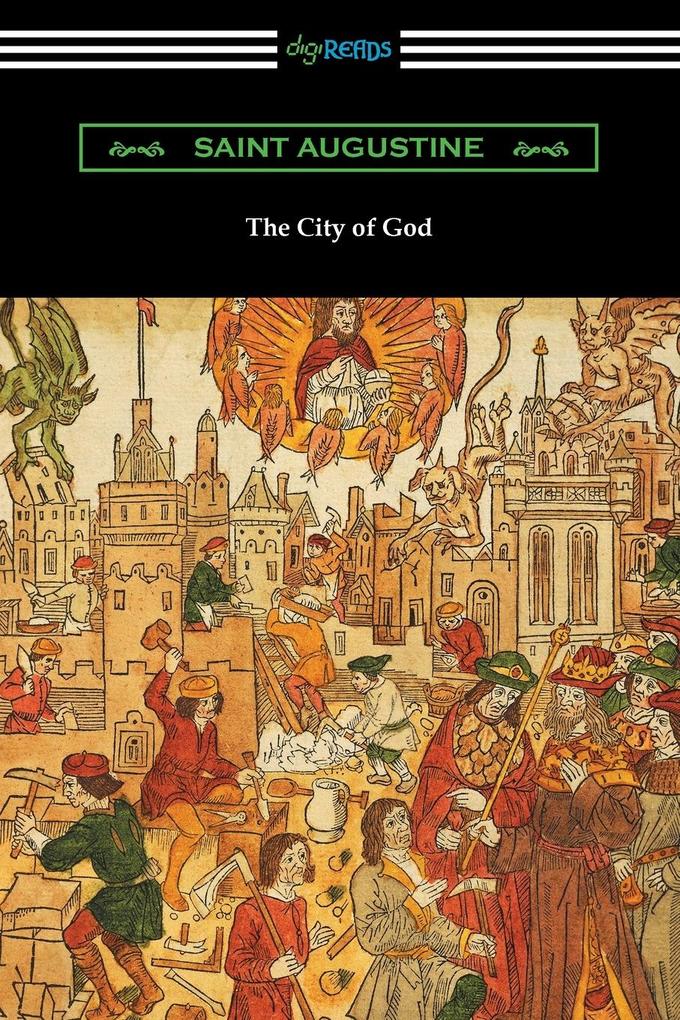Saint Augustine of Hippo (354-430 AD) was a theologian, philosopher, and bishop whose ideas deeply influenced Christian doctrine and Western thought. Born in the Roman province of Numidia (modern Algeria), Augustine pursued a life of rhetoric and philosophy, initially embracing Manichaeism, a dualistic faith. Despite his Christian mother's influence, he resisted conversion until his early thirties, when he encountered the teachings of Bishop Ambrose in Milan. Inspired, Augustine converted to Christianity, a transformative event he later recounted in Confessions, and returned to North Africa to lead a life of devotion. After his ordination in Hippo, Augustine eventually became bishop, dedicating his life to writing on theology and philosophy. His works, such as The City of God and On the Trinity, addressed essential Christian doctrines like original sin, divine grace, and free will. These writings provided a systematic foundation for much of Christian theology and shaped medieval thought on the human condition, morality, and faith. Augustine's legacy endures through his profound reflections on the soul, God's grace, and human purpose. His transformation from skeptic to devout bishop reflects a powerful journey that continues to inspire both religious and secular thinkers. His insights remain central to Christian teachings and the broader philosophical discourse on existence and morality.












